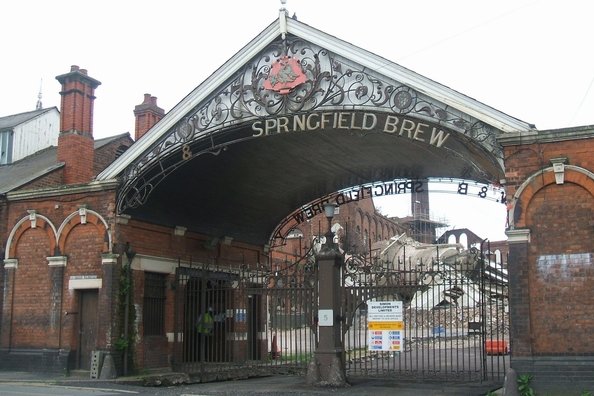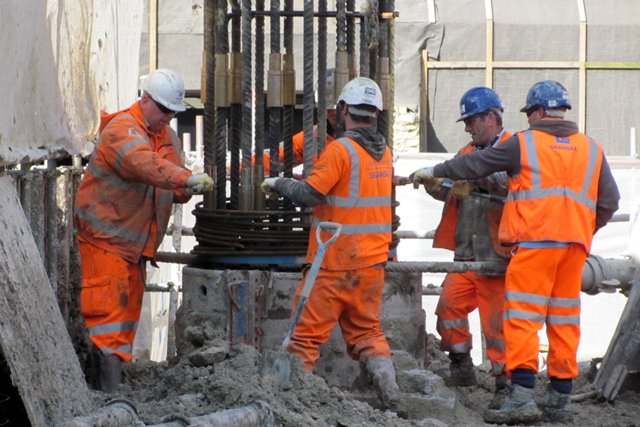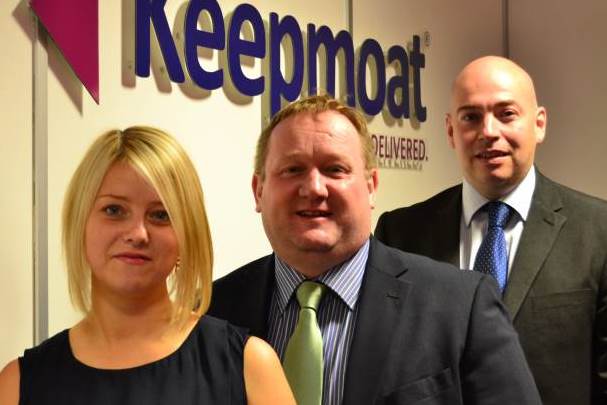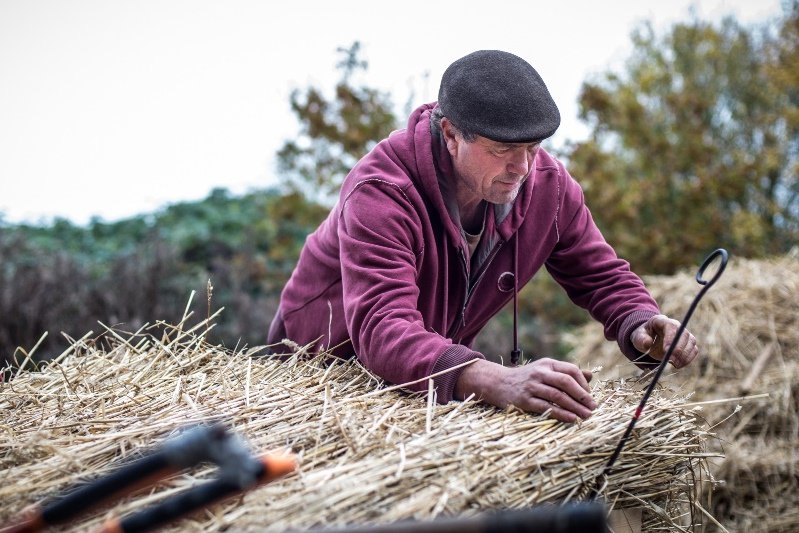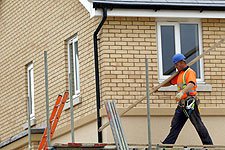
The pace of construction industry output slowed for the third consecutive month in December, the latest survey of purchasing managers indicates.
Construction output continued to grow in the final month of 2014 but at its most modest rate for 17 months. The approach of the coming general election in May was cited by some respondents as impacting on business confidence.
The seasonally adjusted Markit/CIPS UK Construction Purchasing Managers’ Index (PMI) registered a score of 57.6 in December 2014. Anything above 50 represents growth, but the construction PMI was in the 60s for most of 2014. It was 64.2 in September before the growth rate began to slow. In November 2014 it was 59.4.
However, the latest reading remains firmly positive and higher than the long-run series average (54.5)
December data highlighted divergent trends between the three broad categories of construction output monitored by the survey. House-building activity remained the strongest performing subcategory, although the pace of expansion moderated to its least marked since June 2013.
Commercial construction also increased at a solid pace, albeit slower than in the previous month.
Meanwhile, civil engineering activity decreased slightly, ending a 17-month period of continuous expansion.
Cost inflation moderated to its lowest for seven months in December, helped by falling oil-related prices. Strong supply chain pressures persisted at the end of 2014, but the latest deterioration in vendor performance was the least marked for 18 months.
Construction companies recorded a solid increase in new business volumes during December. Anecdotal evidence pointed to strong demand for new residential development and a continued recovery in tenders for commercial projects. However, the rate of overall new order growth slowed for the sixth successive month to its weakest since June 2013.
Robust workloads and a sustained rebound in business activity contributed to a further sharp rise in staff recruitment at the end of the year. The rate of job creation was slightly less marked than in November, but still well above the survey’s historical average. Moreover, a number of firms highlighted worsening skill shortages across the construction sector. Subcontractor availability decreased at a sharp and accelerated pace in December, while subcontractor pay increased at the second-fastest pace since the survey began in April 1997 (exceeded only by November’s record high).
More than half of the survey panel (52%) anticipate a rise in business activity over the course of 2015, while only 13% forecast a reduction. Although the latest survey indicated strong underlying business confidence within the UK construction sector, the balance of firms expecting growth over the year ahead was the lowest recorded since August 2013.
New-build housing was cited as a key area of growth, while uncertainty related to the general election in May 2015 was noted to have weighed on confidence.
{{image2}}
{{image3}}
Markit senior economist Tim Moore said: “UK construction output growth retreated further in December, but another strong expansion of house building activity ensured that the sector continued to perform impressively overall. Indeed, over the course of 2014, UK construction firms recorded the strongest calendar year of residential building since the survey began in 1997.
“A sharp recovery in house building, as well as resurgent demand for commercial development projects, continued to boost staff recruitment and sub-contractor pay rates across the construction sector in December.
“While new business growth moderated to its lowest for a year-and-a-half in December, UK construction firms are still highly upbeat about their prospects for output growth in 2015.
“Four times as many construction companies (52%) anticipate an upturn in output over the year ahead as those that expect a reduction (13%). Positive sentiment was linked to strong pipelines of work-in-hand and favourable underlying business conditions. However, concerns related to supply chain pressures and deepening skill shortages were prevalent among survey respondents in December.”




